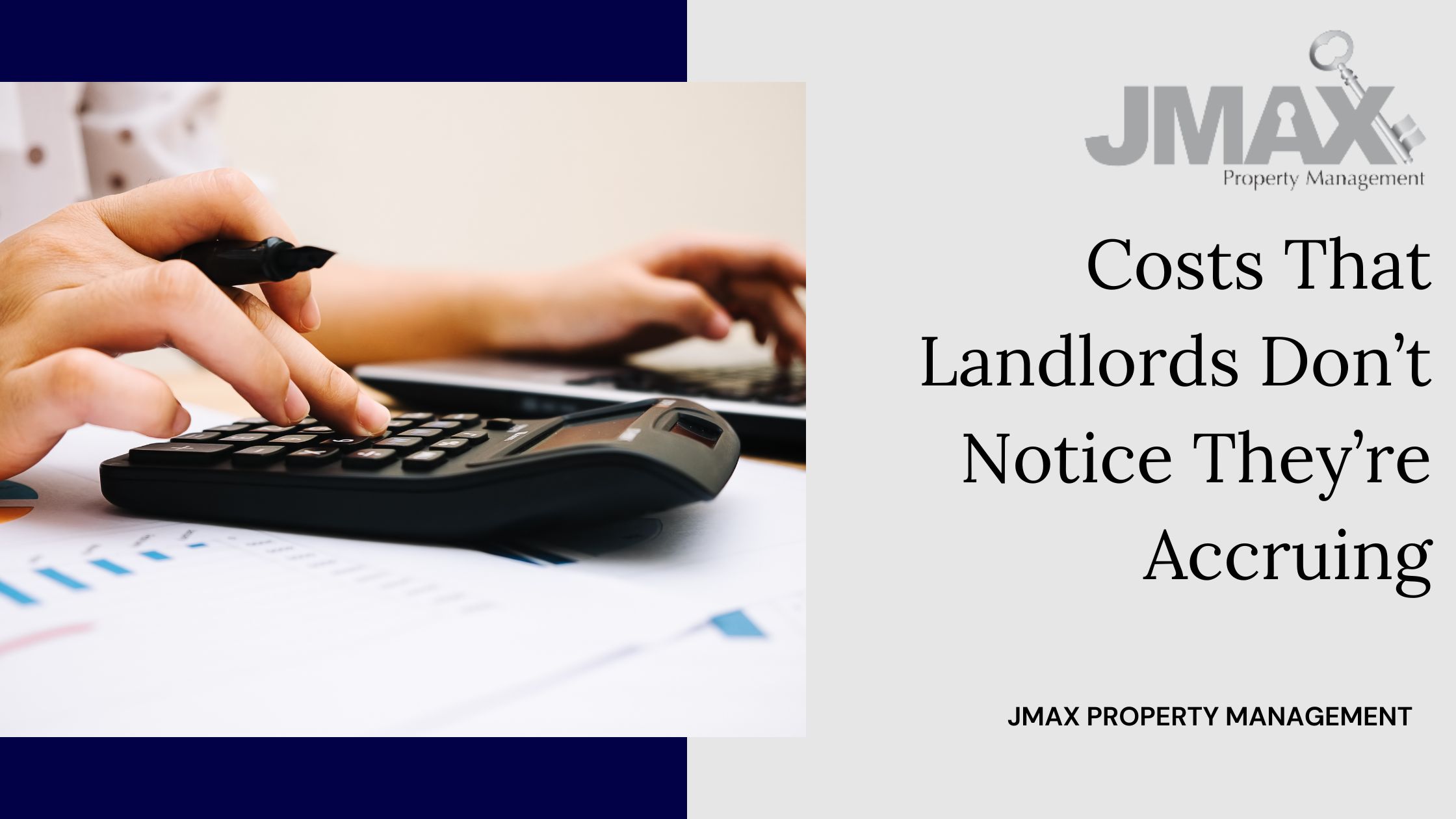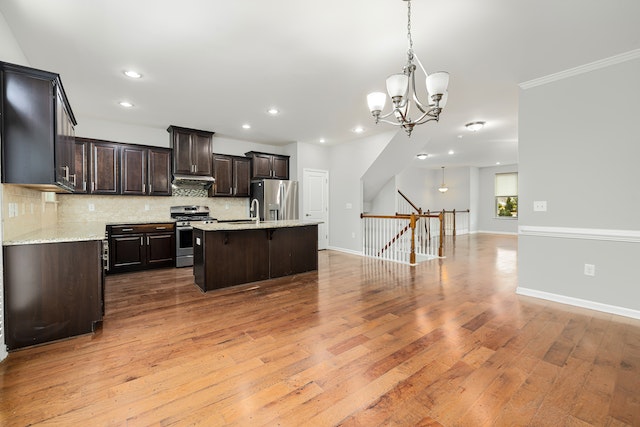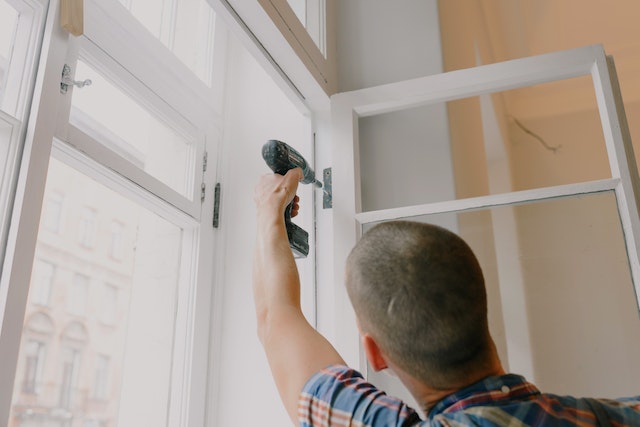
Renting out property offers landlords the potential to earn passive income, but only if they know the right way to go about it. What some landlords fail to realize is that there are plenty of costs that can cut into your earnings.
Whether you’re a first-time landlord or a seasoned one, you need to learn about some of the hidden costs that come with a rental property. In this blog, we will share the common costs that go unnoticed and the best ways to manage them. We will also be offering tips on how to save money to better maximize your return on investment.
4 Most Common Unnoticed Expenses
The most obvious expense is the mortgage. Depending on the size of the property, the monthly payments can be quite significant. You’ll also have to covers taxes and insurance. Another biggest expense that landlords have to deal with is maintenance. It includes minor repairs like fixing a broken tile or replacing a leaking faucet.
On top of that, you’ll need to factor in expenses, such as property management. Here is a detailed list of costs that are likely going unnoticed:
1. Vacancy Costs
Vacancy costs are an unfortunate reality for landlords, but they don’t have to be an overwhelming burden. Vacancy costs refer to expenses incurred when a rental property is not occupied, and they come in the form of lost rental income and advertising and other maintenance costs.

You can minimize your vacancy costs by taking simple steps. Start by proactively marketing the property to reduce vacancy period. Write a good property listing and post it on online rental sites, and further maximize your reach by advertising on social media.
You will also have to pay property-related expenses when a tenant isn’t there. These can include monthly utility costs, property taxes, insurance, and other recurring expenses. It’s best you create a separate savings fund to cover expenses that occur when your property is vacant.
2. Maintenance and Repair Costs
Maintenance and repair costs can be a tricky thing for landlords to manage. Many landlords often ignore or are unaware of the potential costs associated with maintaining and repairing their rental property. Unfortunately, this can lead to significant issues down the line that can be expensive and time-consuming to fix.
The best way to minimize maintenance and repair costs is to be proactive. Developing a preventative inspections and maintenance plan and following it regularly is essential. Also, it’s very important that you partner with a trusted network of contractors.
They will provide you with quality services and materials that are tailored to your specific needs and budget. Additionally, they will be able to identify potential problems before they become costly issues. Note that a great way to ensure that you are working with the right people is to ask for references from previous customers.

3. Insurance Costs
Insurance is an essential part of protecting your property investments. Insurance costs can be daunting, especially if there are frequent tenant turnovers, but the protection it provides is invaluable.
Sometimes landlords also opt for the wrong insurance. For example, they often purchase landlord’s insurance without realizing that it does not cover all of their potential liabilities. Without proper coverage, landlords could be on the hook for costly repairs and legal fees.
It’s essential to sit down with an experienced insurance agent to ensure that you have the best coverage for your rental properties. The agent can help you understand the different types of coverage available and determine the right level of coverage for your unique situation. Additionally, the agent can advise you on how to save money on premiums.
4. Property Taxes
Property taxes can be a complex topic, but understanding them is important for landlords. These kinds of taxes that are levied on real estate properties, including your rental property.
There are two primary reasons landlords fail to property taxes into their budgets. The first reason is that many landlords are not aware of the fact that they are responsible for paying property taxes. The second reason is that property taxes can vary depending on the location of the property. Many landlords don’t research their local property tax laws.
Getting tax benefits is also something that many landlords don’t consider. While paying taxes on rental properties can be expensive, there are many ways to maximize deductions and reduce taxable income.

Tips to Minimize Rental Business Cost
It’s clear that running a rental business can be expensive. Here are some simple tips that business owners can follow to minimize these costs:
Setting and Following a Budget
Creating a budget will help you determine how much they can afford to spend on each expense. It will also allow you to calculate your return on investment. When setting the budget, include all of your business expenses such as legal fees, advertising, and property taxes. Once you’ve set a budget, you need to stick to it.
Negotiating with Vendors
Another tip for minimizing rental costs is to negotiate with vendors whenever possible. Ask vendors if they offer discounts for bulk orders, or for extended contracts. If you’re willing to pay upfront, you may also be able to negotiate a lower rate.
Tax Breaks & Incentives
Many cities offer property tax deductions and credits to owners. For instance, landlords in Virginia may be eligible for a Landlord’s Residential Rehabilitation Tax Credit. Additionally, some states offer tax credits for energy-efficient upgrades.
Bottom Line
Cost management is the key to running a profitable rental business. Look for ways to reduce overhead costs, such as by shopping around for better insurance rates or sticking deals with maintenance providers. You should also look into tax deductions and credits.
Finally, consider partnering with reliable property management. A good property manager like JMAX Property Management can save you a lot of money and stress in the long run. Plus, your property will always be well-maintained, leading to increased rental value. Contact us today to learn more about our services!


